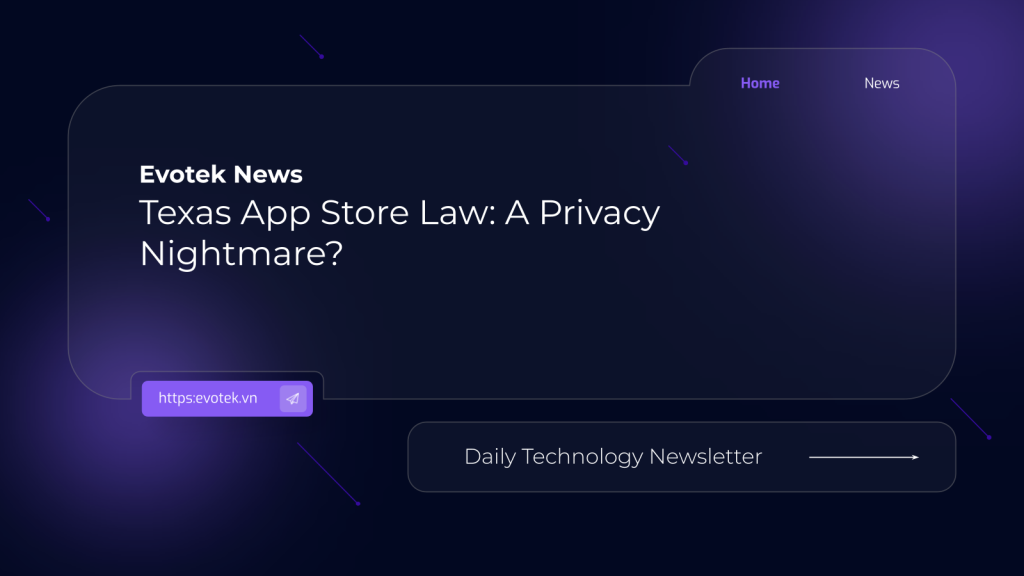Texas is set to implement a new law requiring age verification for app store downloads, raising significant privacy concerns. The Texas App Store Accountability Act, signed by Gov. Greg Abbott, is slated to take effect next year and mandates that users provide identification before downloading apps from Google Play and the Apple App Store.
How the Law Works
Under the new legislation, Google and Apple must verify the age of all users, regardless of app content. Parental consent is required for minors, and app stores must confirm the legal authority of guardians. User age categories (child, young teen, older teen, or adult) will also be shared with app developers.
This implies that Texans may need to submit sensitive data like driver’s licenses, passports, or biometric scans to access apps. Parents will face even stricter requirements to prove legal guardianship.
Privacy at Risk
Critics, including privacy experts and even Apple and Google, warn that this law could lead to digital surveillance. Requiring users to submit personal information creates an identifiable record of online activity, increasing the risk of data misuse.
Data security is another concern. With frequent data breaches, the law lacks protections for user data, such as limiting collection and retention. The use of third-party verification services also expands data access points.
First Amendment Concerns
Organizations like the EFF and ACLU argue that the law infringes on First Amendment rights. Adults without valid ID or minors lacking parental consent may be excluded from online spaces. Inaccurate facial recognition could also restrict access.
Aaron Mackey of the EFF emphasizes the chilling effect: “If I have to provide this level of personal information… just to download an app… I’m going to be significantly worried about what happens to my data, and I might just decide to not actually download the app.”
The law’s potential impact on privacy and free speech has sparked widespread debate, raising questions about the balance between online safety and individual liberties.

 日本語
日本語 한국어
한국어 Tiếng Việt
Tiếng Việt 简体中文
简体中文